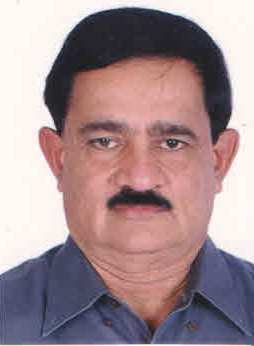
Biography
Biography: Madhusudan B Jani
Abstract
COPD (chronic obstructive pulmonary disease) is associated with exercise & activity limitation, may result from, ventilator limitation, cardiovascular impairment-and/or skeletal muscle dysfunction. Persons with COPD and other chronic lung disease often experience barriers to normal functioning. Physical barriers include increased airway resistance, abnormal breathing mechanics - inadequate gas exchange, weakness of respiratory & skeletal muscles, diaphragmatic flattening, poor endurance & dyspnea. Emotional barriers include anxiety, depression & fear of dyspnea.
COPD is a difficult challenge. But -diagnostic methods, treatments and Pulmonary Rehabilitation (PR) techniques such as “Exercise Therapy” have advanced to the point that people are living productive life while managing their condition. Four major components of PR education, psychosocial / behavioral intervention outcome assessment & exercise training the “Core Component” of PR. Outcomes of ET/PR include improved respiratory system control, improved muscle function, exercise tolerance, quality of life, reduced respiratory hospitalizations .& emergency room visits. ET it does improve, physical conditioning & improved , pacing results, increased walking distance with less , dyspnea emotional benefits e.g. less fear of dyspnea, & desensitization to breathlessness leading to improved quality of life.ET reduces the number of hospitalizations and number of hospital days for patients with COPD.
Exercise has emerged as a “primary modality for the reversal of deconditioning & for improving quality of life for health as well as COPD”. Importantly, in contrast to “irreversible abnormalities of lung architecture and airflow obstruction, the structural, metabolic, & physiologic skeletal muscle abnormalities of COPD can be improved by ET. ET can restore the patient to the highest level of functional capacity for any degree of ventilatory impairment. Exercise cannot reverse the physiological and structural deficits of COPD, but it can reduce disability by improving endurance, breathing efficiency, and dyspnea tolerance, especially in severely impaired patients .Patients need encouragement, may also need supplemental oxygen & treatment with bronchodilators, mucolytics, and/or corticosteroids. Patients who undergo for exercise training in COPD can often increase their work capacity 70% to 80% within 6 to 12 weeks.
